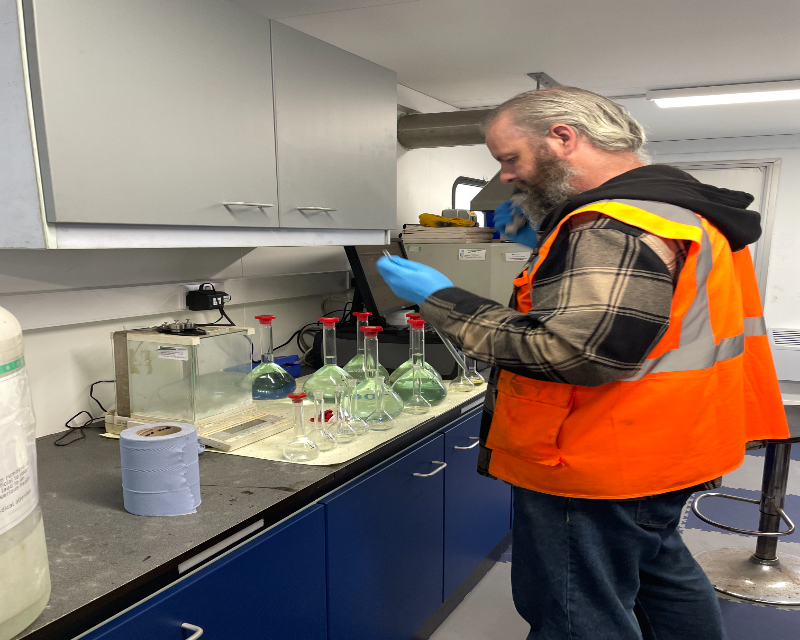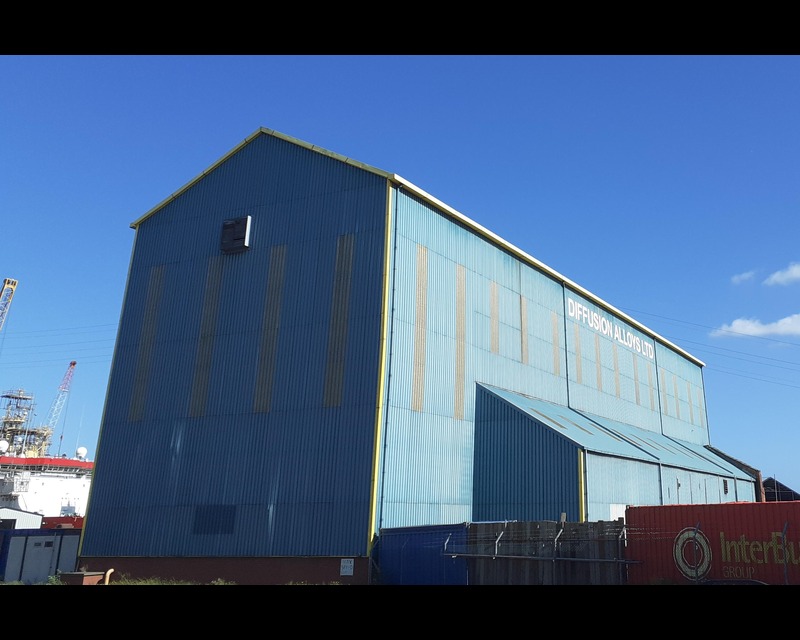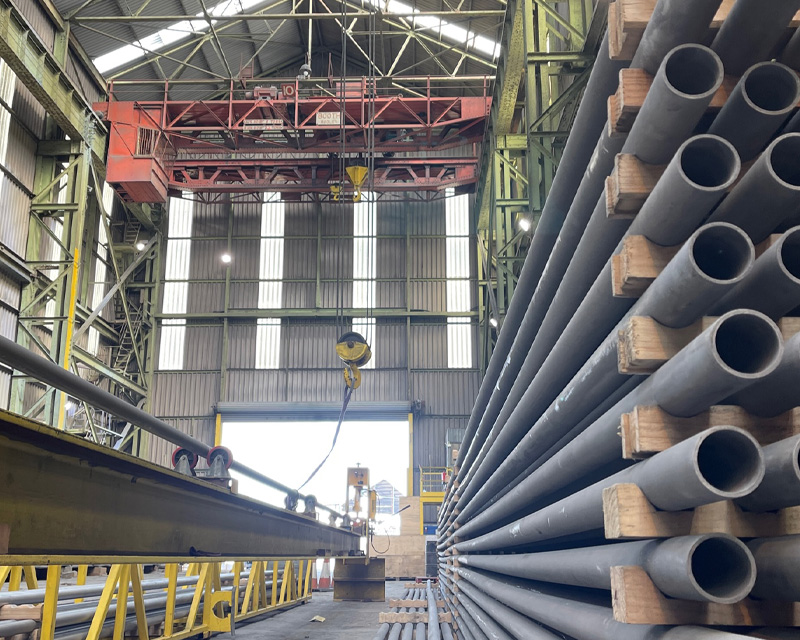
Diffusion Coatings in Clean Energy
The clean energy sector demands materials that can withstand aggressive chemical environments, high temperatures, and prolonged service intervals.
From hydrogen reformers to advanced gas turbines and power generation equipment, component longevity and reliability are critical. Diffusion coatings provide proven surface protection that ensures operational stability while enabling efficiency and safety in energy transition technologies.
Challenges in Clean Energy Applications
Clean energy systems expose metal components to a combination of mechanical, thermal, and chemical stresses:
• High-temperature oxidation – Common in gas turbines, heat exchangers, and reformers.
• Carburisation and metal dusting – Hydrogen-rich atmospheres can lead to carbon-driven degradation of steels and alloys.
• Corrosion from reactive gases – Sulphur, nitrogen oxides, and steam can accelerate metal loss.
• Thermal cycling – Repeated heating and cooling imposes stress that can cause spallation in non-diffusion coatings.
These environments demand coatings that are metallurgically bonded, stable at temperature, and chemically resistant over the expected lifecycle.
Role of Diffusion Coatings
Diffusion coatings protect base metals by modifying the surface at the atomic level. Processes such as aluminising, chromising, and boronising create stable, diffusion-bonded layers that resist oxidation, sulfidation, and carburisation.
Key benefits include:
• Oxidation resistance – Aluminide layers form protective Al₂O₃ scales in high-temperature steam or gas atmospheres.
• Metal dusting protection – Chromide coatings prevent carbon infiltration in hydrogen-rich processes.
• Wear and erosion resistance – Boronised surfaces withstand abrasive gas streams in turbines or reactors.
• Longevity in harsh environments – Coatings remain intact through repeated thermal cycling, maintaining component integrity.
Applications in Clean Energy
Diffusion coatings are applied across a wide range of clean energy systems:
• Hydrogen production and reformers – Protecting tubes, manifolds, and fittings from carburisation, metal dusting, and oxidation.
• Gas and steam turbines – High-temperature protection for turbine blades, vanes, and internal ducting.
• Biogas and syngas systems – Resistance to corrosion from reactive and contaminated gas streams.
• Fuel cells and electrolyzers – Coatings on metallic components improve corrosion resistance and operational lifespan.
• Power generation boilers and heat exchangers – Extend tube life and reduce maintenance frequency.
These applications demonstrate that diffusion coatings are not only protective but also a strategic tool in extending plant uptime and optimising operational costs.
Engineering Control for Clean Energy
Effective coatings depend on precise engineering control:
• Base metal selection – Ensuring compatibility between the substrate and coating chemistry.
• Diffusion parameters – Time, temperature, and atmosphere are optimised for maximum protective layer formation.
• Component geometry – Coating uniformity for tubes, internal channels, and complex parts.
• Performance testing – Oxidation, corrosion, and hardness profiling verify expected service life.
Diffusion Alloys combines metallurgical expertise with operational insight to ensure coatings perform under real-world clean energy conditions.
Why Choose Diffusion Alloys
Diffusion Alloys has a long history of supplying high-performance coatings to the energy sector, including pioneering hydrogen applications. Our coatings deliver predictable, long-term protection, backed by metallurgical validation and field-proven results. By integrating deep scientific knowledge with practical engineering solutions, Diffusion Alloys ensures that every coated component meets the rigorous demands of clean energy systems, supporting reliability, safety, and efficiency.



